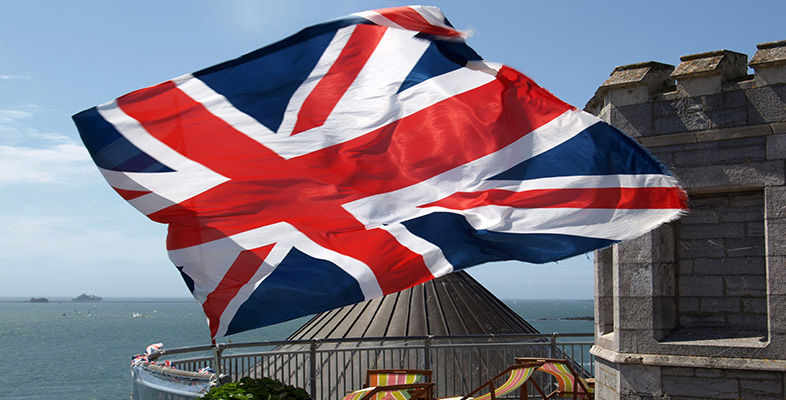Home » Course Layouts » Free Course Layout Udemy
What makes a 'nation' and what makes peoples strive for nationhood? This course, Nationalism, self-determination and secession, will provide you with an introduction to studying political ideas by looking at how people who see themselves as nations challenge the existing order to assert their right to a state of their own.
0
36
English
English [CC]
FREE
- Learn basic syntax that can apply to any language.
- Learn what is a programming language and the basic concepts for beginners.
- Understand what is Javascript in it's truest form.
- Know the basic syntax of Javascript.
- Know some hidden quirks in Javascript.
Description
Introduction
This course is based on a chapter from the book Living Political Ideas, which is part of the DD203 Power, Equality and Dissent module. It really attempts to do two things at once. It is about the core concepts and processes with which human groups that think of themselves as nations challenge the existing order and assert their right to a state of their own. And at the same time it is a kind of gentle introduction to how to study political ideas. It is more theoretical, or philosophical than historical, but that doesn’t mean it has no purchase on the real world. The practical examples with which it works range from the bitter dispute between Palestine and Israel to the ongoing debates about secession which threaten to break up old multinational states like the UK and Canada. If you have any apprehensions about ‘doing political theory’, I would simply say: there’s no need! Just work through the text, and by the end you will find yourself in possession of some powerful conceptual tools for thinking more clearly and incisively about one of the most urgent political problems of our time. One thing which is very helpful to keep in mind when discussing ideas in politics is simply the different levels at which ideas can exist and get discussed. Here’s what I mean:- Real-world events happen: for example, Palestinians fighting for their own state.
- Actors in these events have ideologies or ‘fighting creeds’, which provide them with a source of identity and a justification for their political actions. For example, nationalism.
- Journalists, historians and other writers offer explanations of both the real-world events and the ideologies in play. For example, Edward Said on Palestine and the wider Arab-Israeli conflict.
- Some political theorists make a more abstract and careful analysis of the core concepts, and ‘unpack’ or evaluate the arguments and claims made.
- Others go further, offering not only new ways of thinking about the core problems but practical suggestions for policy-makers. For example, democratic ways of deciding on claims for secession.
Course learning outcomes
After studying this course, you should be able to:- Grasp the concepts of nation, nationalism and self-determination
- Have a better understanding of the role they play in current political disputes
- Think about the problem of how to take democratic decisions about secession
- Relate political theory to political practice more rigorously
- Take a more informed and active part in debates about national and international politics.
Course content
N.A
- 5 stars0
- 4 stars0
- 3 stars0
- 2 stars0
- 1 stars0
No Reviews found for this course.
Instructor
Open University UK
4.8
4.8
14
43384
1068
Explore Free Courses
Access valuable knowledge without any cost.
{"title":"","show_title":"0","post_type":"course","taxonomy":"course-cat","term":"engineering-skills,health-and-safety","post_ids":"","course_style":"free","featured_style":"course6","masonry":"","grid_columns":"clear4 col-md-3","column_width":"268","gutter":"30","grid_number":"4","infinite":"","pagination":"","grid_excerpt_length":"20","grid_link":"1","grid_search":"0","course_type":"","css_class":"","container_css":"","custom_css":""}










